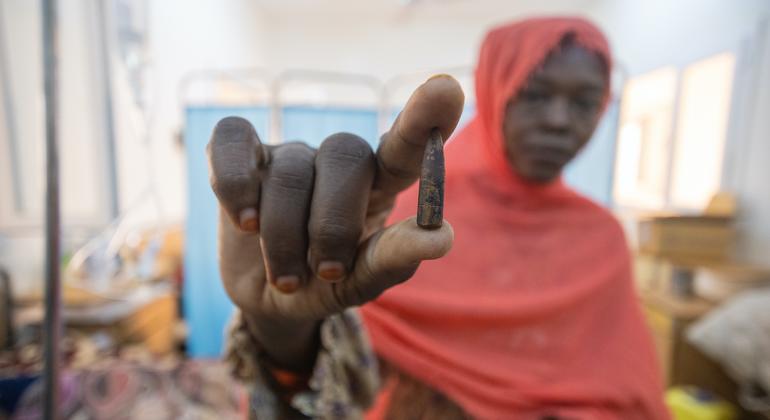The sexual violence has become a devastating tool of terror against women and girls in Sudan, especially since the beginning of the armed conflict in April 2023. According to a recent report from the UN Population Fund (UNFPA), more than twelve million women and girls are at risk of being assaulted, experiencing an 80% increase compared to the previous year.
The civil war has caused the displacement of approximately 13 million people, representing about a third of Sudan’s population. This humanitarian disaster has had a catastrophic impact on the country’s health system, leaving those affected without access to adequate medical care in a context where healthcare facilities have become sites of violence.
A case that illustrates the magnitude of the crisis is that of Layla, a resident of Khartoum, who was assaulted by armed men and later arrested and detained in an overcrowded prison. There, she suffered torture and sexual violence. “I witnessed unimaginable horrors,” Layla recounted, hearing the screams of other women while captive. After an anguishing time in that situation, she managed to escape, although not without leaving deep scars.
Health facilities in Sudan have been targeted in more than 540 attacks in the past two years, and the testimonies collected by UNFPA highlight an alarming reality: centers that should offer refuge and care have ceased to be safe. Social workers have shared cases of women being raped in maternity wards, indicating that systematic violence has infiltrated all aspects of Sudanese women’s lives.
UNFPA is playing a crucial role in providing health and protection services through mobile teams and care centers. However, to continue their work in 2025, the organization urgently requires 119.6 million dollars, in addition to an extra 26 million to support refugees. Funding cuts have endangered the health and lives of hundreds of thousands of women and girls, generating a crisis that requires immediate international attention. Without continued support, thousands of women will be deprived of the essential services that offer a safe space to heal and recover from the traumas endured.
via: MiMub in Spanish










